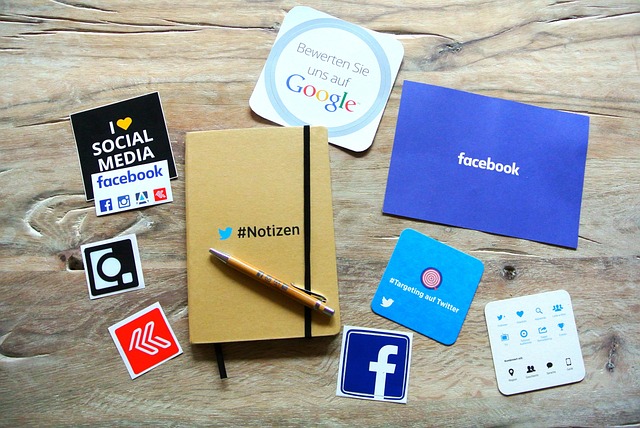AI virtual coaching avatars are transforming home workouts by providing personalized, immersive training experiences. Utilizing motion sensors and machine learning, these digital coaches offer real-time guidance, customized routines, and adaptive intensity levels based on user data. While offering 24/7 accessibility and tailored workouts, concerns about human connection, privacy, and emotional support from traditional trainers remain. Despite challenges, AI virtual coaching avatars are poised to play an increasingly prominent role in future fitness regimens.
“The fitness industry is experiencing a transformative shift with the advent of AI virtual coaching avatars, redefining how we approach exercise. This article explores the rise of these innovative platforms, which aim to replicate real-time gym experiences virtually. We delve into their unique capabilities, from precise motion tracking to personalized training sessions, and examine both the benefits and challenges they present for home workouts. Discover how AI avatars are revolutionizing access to professional coaching and transforming the way we stay active.”
- The Rise of AI Virtual Coaching Avatars in Fitness
- How These Platforms Replicate Real-Time Gym Experiences
- Benefits and Challenges of AI Virtual Coaches for Home Workouts
The Rise of AI Virtual Coaching Avatars in Fitness

The fitness industry is undergoing a transformative shift with the advent of AI virtual coaching avatars, offering personalized and immersive training experiences from the comfort of one’s home. These innovative digital coaches leverage advanced artificial intelligence to provide real-time guidance, motivation, and customized workout routines tailored to each user’s unique needs and goals. By analyzing user data, including form, performance, and biometric feedback, AI avatars can adapt exercises, adjust intensity levels, and even offer alternative movements to ensure safe and effective workouts.
This technology not only democratizes access to professional-level coaching but also creates a sense of connection and accountability often missing in solo home workouts. With natural language processing capabilities, users can engage in conversations with their virtual coaches, fostering a more personalized experience. Moreover, AI avatars can provide instant feedback, correct techniques, and offer encouragement, making virtual fitness classes as engaging and motivating as in-person sessions.
How These Platforms Replicate Real-Time Gym Experiences

Virtual fitness platforms are transforming the way we exercise by replicating real-time gym experiences in immersive digital spaces. These platforms utilize advanced technologies like AI virtual coaching avatars to offer personalized training sessions, much like a live instructor would. The AI avatars can adjust workouts based on individual progress, providing real-time feedback and motivation.
Through motion sensors and machine learning algorithms, these virtual coaches can track users’ movements, correct their forms, and suggest modifications for exercises. This level of personalization ensures that users receive tailored guidance, making their virtual gym experience as effective and engaging as attending a physical facility.
Benefits and Challenges of AI Virtual Coaches for Home Workouts

AI virtual coaching avatars offer a host of benefits for home workouts. These digital trainers can provide personalized guidance, motivation, and real-time feedback on form and technique, making them an attractive alternative to traditional personal trainers. They are available 24/7, allowing users to exercise at their convenience without the need to travel to a gym. Moreover, AI avatars can adapt workout routines based on individual progress, ensuring continuous challenge and improvement.
However, challenges remain in the adoption of AI virtual coaching avatars. One significant concern is the potential lack of human connection and emotional support that traditional training sessions offer. Users may miss the social interaction and accountability provided by a real coach. Additionally, while AI technology has advanced significantly, it still struggles with nuanced movements and individual variations, which could lead to less precise guidance for certain exercises. Ensuring data privacy and security is another crucial aspect, as users share their workout data with these virtual platforms.
AI virtual coaching avatars are transforming home workouts by replicating real-time gym experiences, offering personalized guidance and motivation. These platforms leverage advanced technology to provide interactive sessions, making at-home fitness more engaging and effective. While benefits abound, challenges remain, particularly in terms of user adoption and technical limitations. As AI continues to evolve, the future looks bright for these virtual coaching avatars, promising to revolutionize the way we approach fitness from the comfort of our homes.
